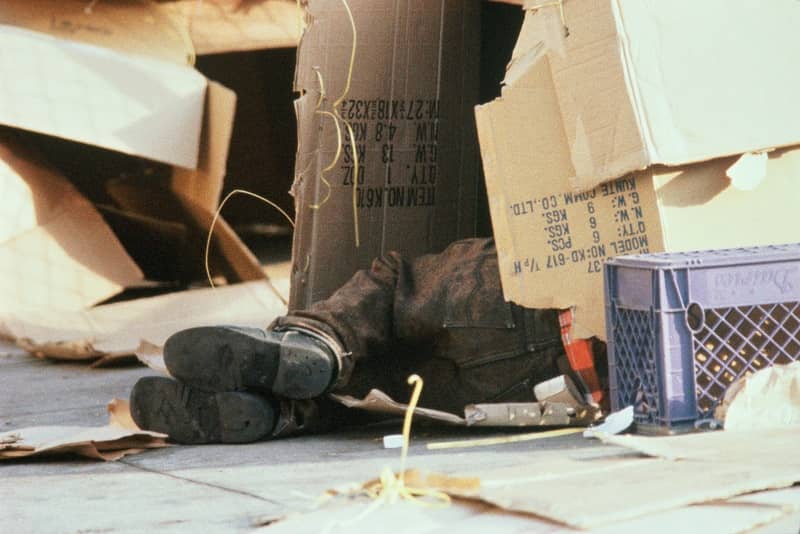

Summary
Proposed legislation against “price gouging” is a bad idea. Rising prices in the wake of a disaster help to ration scarce resources and prevent shortages. Businesses that raise prices too high will lose customers, while bureaucratic attempts to fix prices are counterproductive and immoral.
Word count: 557
In the wake of hurricanes Katrina and Rita several local newspapers and politicians have bemoaned what they call “price gouging,” principally in regard to oil and gas products. In a single editorial from The Oregonian (“Gouging consumers at the gas pump,” Sept 22, 2005) five different reactions are described including legislation being introduced at the state and federal levels outlawing price gouging, and calls for investigations.
If price gouging means raising prices in the aftermath of a disaster then those who condemn the practice are wrong both economically and morally. The idea that a price is, or could be, unfair presupposes that there is a some price for a good or service that is fair, and that this price is different, and lower, than the price that a willing buyer would pay to a willing seller. So in the simplest scenario, if you have a gallon of gas (or milk or iced tea) and some event occurs making that gallon more valuable, the chorus of voices raised against “price gouging” want you to sell that gallon for about what is was worth the day before the disaster.
What happens in a disaster is that some goods become scarce due to an increase in demand (e.g. bottled water) or a disruption in supply (e.g. gasoline). True, the business person raises the price because he can, but this also serves to automatically ration the scarce resource. And as with any pricing decision, if the price is raised too high customers will seek out alternatives and perhaps even avoid the store after the disaster is long past.
Is it fair that the business person be rewarded for supplying a scarce commodity? Yes it is. Typically she is facing the same disaster and has increased costs and perhaps risk associated with staying in the marketplace. The higher price is the reward for being there to supply what’s needed and the incentive for her and others to bring more critical supplies to the affected area.
What if the price is fixed? When the government steps in and declares that a gallon of gas cannot be sold for more than its price yesterday, supply and demand never come into balance and shortages result. Should the government then extend its reach and also dictate who gets the limited supply?
If the government can determine a fair price for something during a disaster it will be tempted to declare a disaster every time the wind blows. Imagine a country where the price and distribution of goods are determined by government bureaucrats rather than by the free market. But we don’t have to imagine such a country; not too many years ago the Soviet Union imploded from decades of applying just that policy.
Over and above the economic principles lies the moral issue. If you own a gallon of gasoline and a hurricane hits and people are willing to pay you $3.00 or $5.00 or $500.00 for that gallon, by what right does the government step in and use its coercive power to prevent you from selling your gallon to a person willing to buy it? And in what way is that government action different from a looter coming up to you with a gun and taking your gallon of gasoline? While the government may act under color of authority, morally the two scenarios are identical.
Attention editors and producers:
Cascade Commentaries are provided for reprint in newspapers and other publications, with credit given to author(s) and Cascade. Contact Cascade to arrange print or broadcast interviews on this commentary topic.
Electronic text files are available online at www.cascadepolicy.org.
Please contact:
Jon Hadley
Production Manager
Cascade Policy Institute
813 SW Alder Street, Suite 450
Portland, Oregon 97205
Phone: (503) 242-0900
Fax: (503) 242-3822
